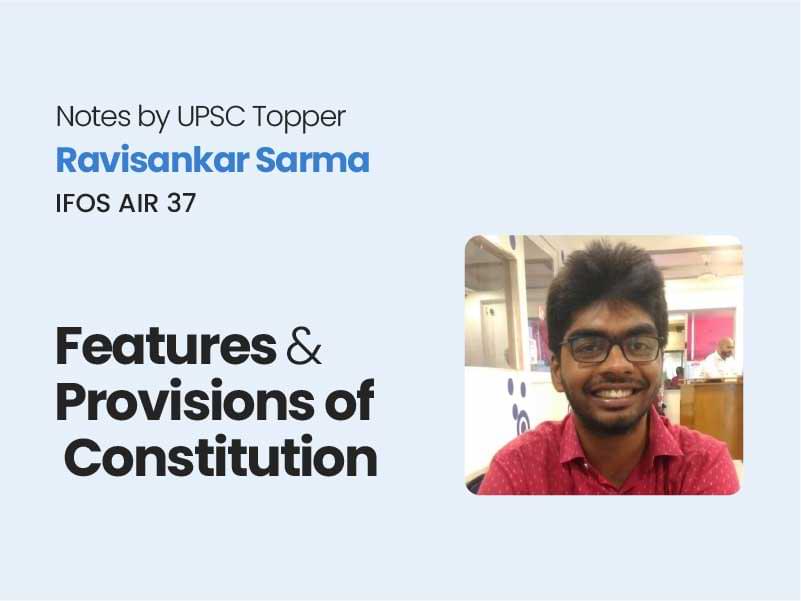Companion@360 → 7 Month programme to sharpen your writing skills → REGISTER NOW

Right to Internet Access
Issues at Play
Freedom Speech and Expression: It involves the facets of an individual to express himself and also of another to receive information. When a government bans access to internet both of these individual liberties are compensated
Right to Privacy: The usage of the internet is a part of privacy of an individual and her personal liberty. The state cannot arbitrarily take away such an inalienable part of a dignified life.
Why restriction?
Communal Sensitivities: Such an extreme step is taken by the state in defense of communal harmony in multi-ethnic societies. Social media has been the harbinger of fake news and rumors stoking communal hatred and violence
Separatist Tendencies: The state also imposes such restrictions at times of secessionist movements to safeguard the unity and integrity of the nation.
Curb Illegal Activities: There are several websites that provide a fillip to illegal activities viz. organ trafficking, pre-natal abortion. The access of these sites can be curbed by reasonable restrictions on access to internet
The debate of Parliamentary Government vs Presidential Form of Government
Introduction
The Parliamentary form of government was adopted from the Government of India Act, 1935 and thus far has been the cornerstone of India’s representative democracy. India’s political climate has progressed substantially where power centralization within political parties has kindled the debate of parliamentary vs presidential forms of government.
Why Parliamentary over Presidential for India?
| Parliamentary | Presidential |
| Responsibility: It ensures an executive accountable to elected representatives who represent the people | Non-responsible: The President is not accountable to the Senate for his actions. There is no institution of control on the executive |
| Familiarity: Parliamentary democracy has been inherited from colonial era and has held the country united for long. It thus makes little sense to change it | No familiarity: India has never experimented with the Presidential system |
| Wide Representation: Parliamentary system provides wide representation for different sections in the multi-cultural Indian society | Limited Representation: Presidential system offers a centralization of power in the hands of one individual |
| Harmony between Organs: The double membership to executive and legislature ensures there is harmony and coordination | Discord between Organs: The presidential system due to the complete separation of powers risks chances of disharmony between organs of government |
| Parliamentary | Presidential |
| Instability: The executive rests on the confidence of legislature that can abruptly come to an endà no continuity in policies or certainty of governance | Stability: There is a security of tenure for the governmentà continuity in policies |
| Politics> Policy?: The numbers game in parliament lead to focus on politics depriving public welfare and policy | Policy Focus: The certainty of tenure gives the government respite and time to focus on framing and implementing policies |
| Prime Ministerial = Presidential?: Modern day parliamentary democracies including India have evolved into governments where the PM has a huge role to play. This virtually makes it a presidential government |
Accountability on President for his actions
|
| No Expertise: The parliamentary government consists of ministers who are not experts in their own fields
Coalition governments may lead to slow decision making
Double Membership may lead to dictatorship of the cabinet |
Domain Expertise: The President drafts in experts for handling important portfolios of administration
Fast and Efficient Decision making
Separation of Powers |
Conclusion
The Parliamentary Form of government is part of the basic structure of the Constitution as identified by the Supreme Court. Indian democracy has survived for more than 70 years on the edifice of it. It would be thus a grave mistake to hurriedly switch to a Presidential form of government. In future, if the suitability reverses, India may adopt the same
Economically Weaker Sections Affirmative Action Debate
The Union Government has introduced the provision for reservation of the economically weaker sections through amendment of Article 16 of the Indian constitution.
Issues
- Representation to Socially Backward: Ambedkar, the father of the Indian constitution had elaborated that the mandate of affirmative action should be of politico-economic empowerment of socially backward sections only
- Indra Sawhney Case: Regarding the Mandal case, the supreme court had capped reservation of seats at 50% and also termed economic reservation as unconstitutional
- Ghost Beneficiary Danger: India’s poor land records, non-taxed earnings and corrupt governance machinery elicit the danger of undeserving beneficiaries
- Adequate Representation: The said economic bracket as well as social classes included in the provision already have more than their share of representation unlike the scheduled and backward classes that are provided with reservation
- Improper Terms: The ceilings placed on income and land ownership are way too high for it to have a meaningful impact on the actual poor of the country
Benefits
- Help the Poor: The reservation policy can help provide representation to the weaker sections in jobs and educational institutions
- Composite Reality: The EWS reservation further acknowledges the composite reality of class and caste that is characteristic of the Indian society
Autonomous Council Strengthening: Constitution (125th Amendment) Bill
The amendment has been introduced to empower the financial and executive powers of the 10 autonomous council that exists in the states of Assam, Meghalaya, Tripura and Mizoram
Provisions of the Amendment
- Elected Village Municipal Councils ensuring grass-root level democracy
- Authority of Village Councils: VCs to have a mandate to prepare plans for socio-economic justice and economic development including those relating to agriculture, land, irrigation, animal husbandry, rural electrification
- Devolution of Funds: Finance Commission shall be mandated to recommend devolution of funds to them. Central and State Governments give grants for these councils to implement projects
Read Full GS Notes
